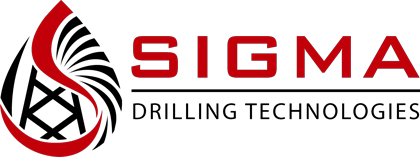With shale having turned out to be such a success story for the U.S., there are other entities around the world attempting to find something along those lines for themselves. First on the list is Saudi Arabia’s Aramco, the world’s biggest oil exporting entity. Saudi Arabia isn’t looking to drill for shale oil, however — the country is hoping to tap unconventional shale gas resources.
Why unconventional shale gas?
Saudi Arabia has proven conventional gas reserves of about 8 trillion cubic meters, according to the World Energy Council. Yet, right now, the country is looking at other unconventional fields, even if its attempts here have been anything but smooth. Several international oil companies from Total to Repsol, and from Exxon to Lukoil, have already thrown in the towel, having invested resources for years into prospecting for gas in the region.
Aramco is pinning its hopes on Jafurah Basin, however, a massive shale field that rivals the Eagle Ford of Texas in size. The reason that the country is looking past existing conventional reserves to locate hard-to-find unconventional ones: to have more oil to export. The country plans to stockpile known reserves, and to direct as much oil as possible to its export operations. Any shale gas found will go to its power plants and other local needs.
Will Saudi Arabia succeed?
Aramco is pulling no punches, setting aside $300 billion to explore for gas over the next decade. The company hopes to be able to produce 23 billion cubic feet of natural gas by then. With the company planning to go public soon, the hope is that discoveries will make a success of its listing.
According to Sigma Drilling Technologies, the manufacturer of high-tech mud pump pulsation dampener products and other dampener solutions for drilling contractors, American drillers are closely watching these developments, and building up efficiency in their own operations to remain competitive.




